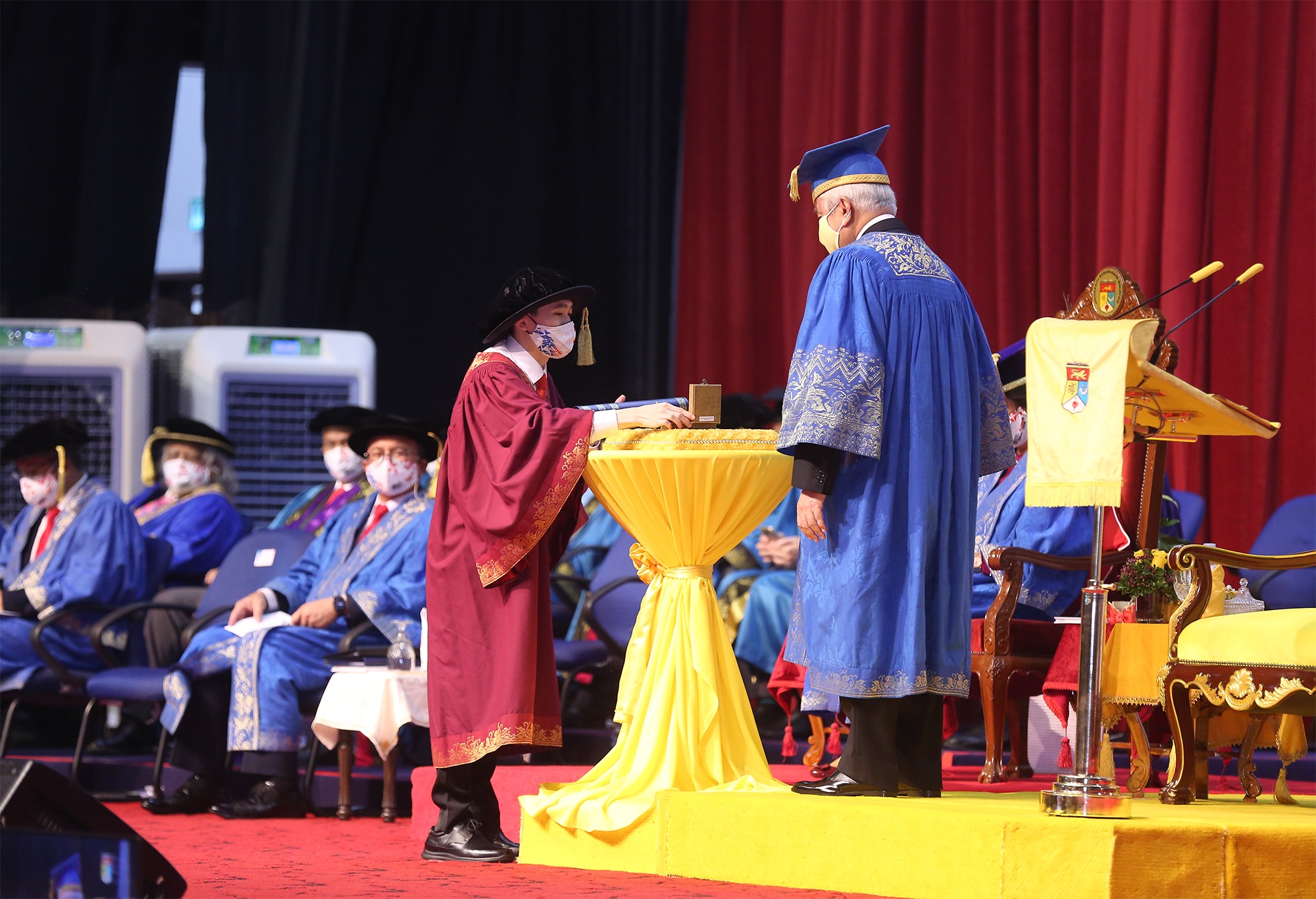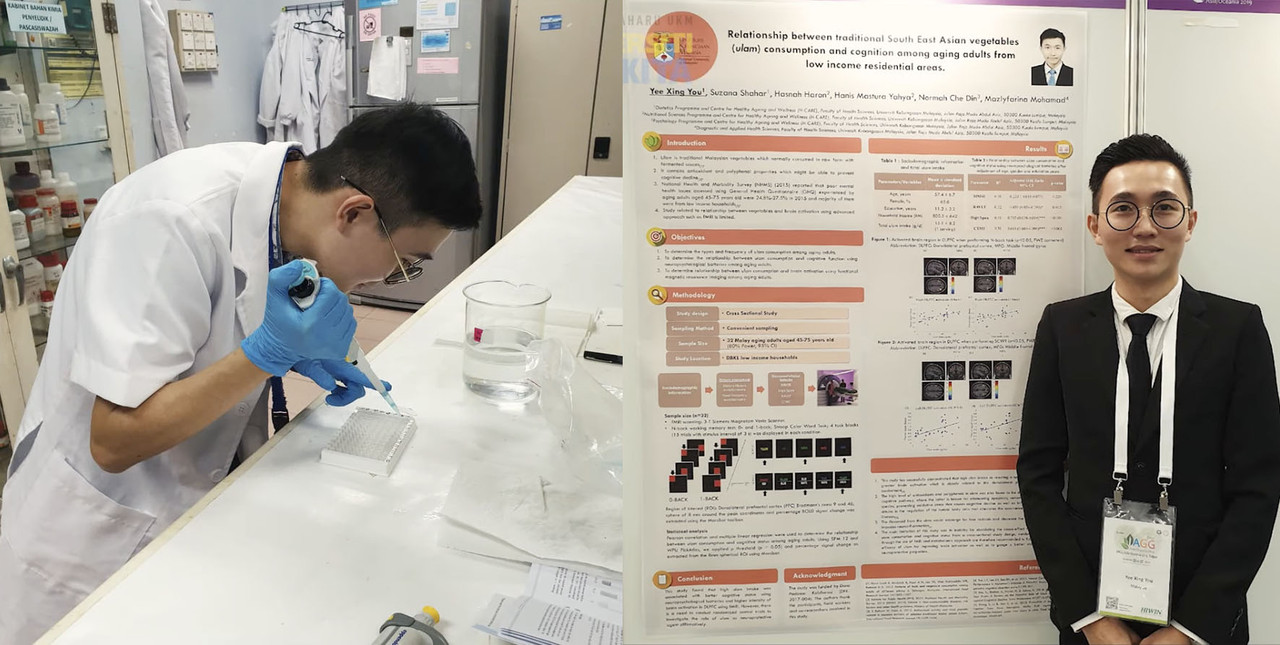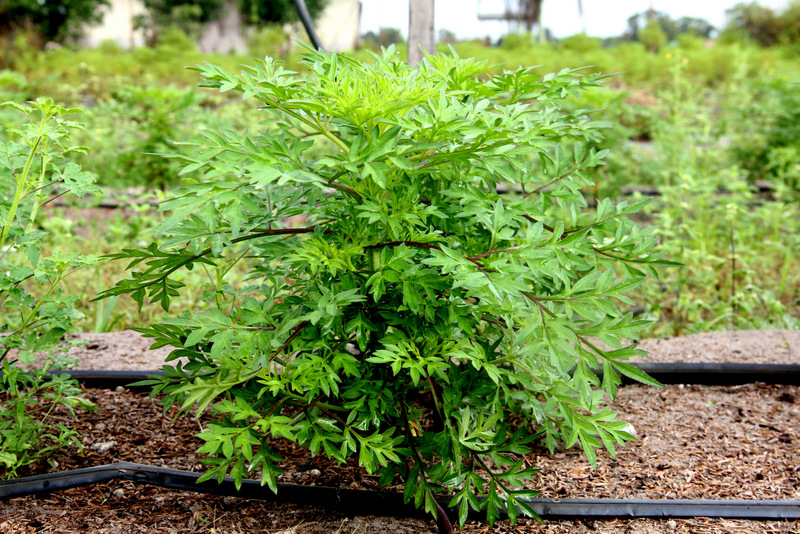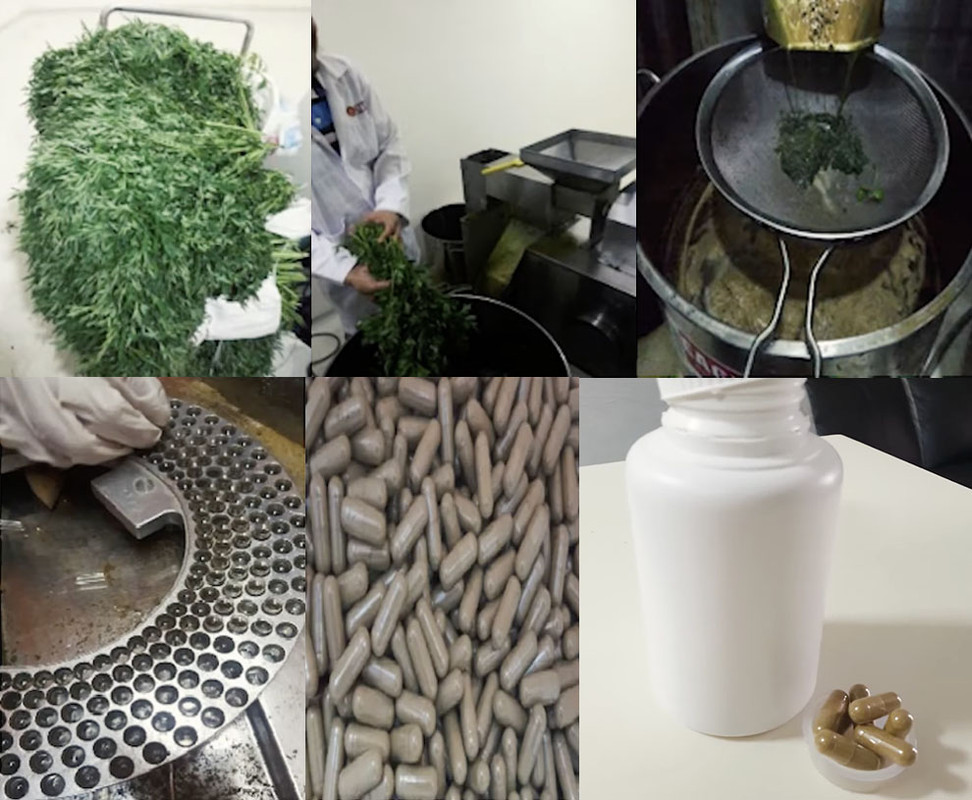28-Year-Old UKM Researcher Discovers Eating Ulam Has Potential To Prevent Dementia
Dr You Yee Xing said the plant can improve global cognitive function and working memory, while also reduce stress and mood disturbances.
A Universiti Kebangsaan Malaysia (UKM) researcher has found scientific evidence that the local practice of eating ulam can prevent dementia among the elderly
The university took to its official Facebook page last weekend to celebrate the achievement of Dr You Yee Xing who was awarded the Doctorate Gold Award at UKM's 49th convocation ceremony.
You (in red robes) collecting the Doctorate Gold Award at UKM's 49th convocation ceremony.
Image via Universiti Kebangsaan Malaysia (Facebook)The 28-year-old is a post-doctoral researcher at UKM's Centre for Healthy Ageing and Wellness (H-CARE)
He is a PhD graduate from UKM's own Faculty of Health Sciences, majoring in dietetics.
You has successfully published 23 papers in respected publications, including journal articles and book chapters related to his field of study.
In his most recent study, You wanted to determine if ulam raja has any potential in preventing cognitive decline and dementia
According to the study published in scientific journal Nutrients, his team decided to carry out a randomised, double-blind, and placebo-controlled trial to test the herb's effects.
They said ulam raja, scientifically known as Cosmos caudatus, is well-known in Southeast Asia — including Indonesia, Thailand, and Malaysia — for its traditional health benefits.
It is said the plant, normally eaten raw, has antidiabetic, antiobesity, antibacterial, antihypertensive, and anticancer properties.
The UKM team recruited 48 adults aged between 60 and 75 with mild cognitive impairment for the study
The senior citizens were split into two groups: 24 adults took ulam raja supplement pills that was extracted and created by You, while the other 24 adults were given placebo pills, twice daily for 12 weeks.
The participants and You, as the main researcher, did not know which pill the groups were given until the end of the study.
At the start and end of the trial, he used a series of clinical tasks and questionnaires to assess each participant's cognitive function, working memory, visual-spatial memory, psychomotor speed, and even their mood.
He also tested the participants' vital signs, blood sugar, kidney, and liver functions to monitor if the supplement was safe to be consumed for the duration of the trial.
In the end, You's research found that consuming ulam raja can improve cognitive functioning among older adults with mild cognitive impairment
"Those who took the supplement had a significant increase in brain activation compared to those who consumed placebos," he told The Star in an interview.
"The supplement also improved global cognitive function, working memory, and reduced stress and mood disturbances."
He concluded, "It has been proven that ulam raja, which is high in antioxidants and other nutrients, can help prevent cognitive decline in older people."
You also hoped that the results can not only bring a positive impact to public health, but also be used for economic knowledge.
Acknowledging the limitations of his study, he said the preliminary information could still lead to the growth in the agriculture industry and to increase the nation's income in the field of ulam until a larger study is done.



